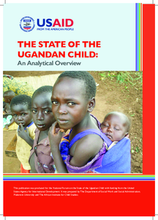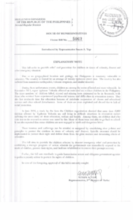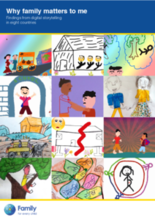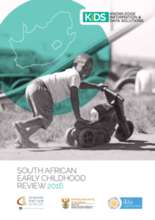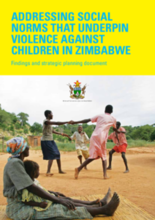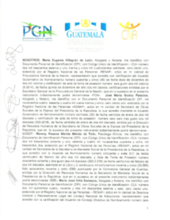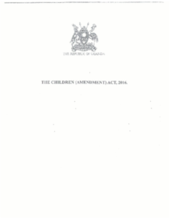Displaying 891 - 900 of 1759
This brief from UNICEF Cambodia describes UNICEF's plans and programs regarding child protection.
The State of the Ugandan Child: An Analytical Overview focuses on four thematic areas, namely: health and nutrition, education, child protection and child participation; with emphasis placed on the girl child.
President Aquino of the Philippines has recently signed into law the “Children’s Emergency Relief and Protection Act,” an Act which ensures the protection of children “in times of calamity, disaster, and other emergency situations.”
Although not conclusive or exhaustive, this agenda represents a bold attempt to identify and prioritise key areas/research themes stemming from the Situation Analysis (2015) and other available evidence on the status of children in Uganda.
This report examines what family means to children and adults in the following countries: Brazil, India, Guyana, South Africa, Egypt, Mexico, Russia, Kenya. The storytellers use evidence from 59 short films made using digital storytelling technique.
This report reviews South Africa’s National Integrated Early Childhood Development Policy, which was approved by the Cabinet in December 2015. The policy is aimed at providing a framework for multi-sectoral Early Childhood Development services in South Africa.
This report highlights key findings from a social norms study conducted in Zimbabwe to understand the drivers of violence affecting children.
Meant to highlight the maxim that every child deserves the best that we all have to give; this book provides a review of the progress made since The UN Convention on the Rights of the Child. It contains reports from 21 countries on the status of the rights of the child. The countries are: Australia, Canada, Croatia, Denmark, France, Germany, Greece, India, Iran, Japan, Portugal, Romania, Scotland, Serbia, Solomon Islands, Spain, the Netherlands, the UK, the USA, Uzbekistan and Venezuela. There are no reports from Africa.
The Children (Amendment) Act of 2016 is an Act to amend the Children's Act Cap. 59 of Uganda to enhance the protection of children; to strengthen the provision for guardianship of children; to strengthen the conditions for intercountry adoption; to prohibit corporal punishment; to provide for the National Children Authority; repeal the National Council for Children Cap. 60 and to provide for other related matters.


